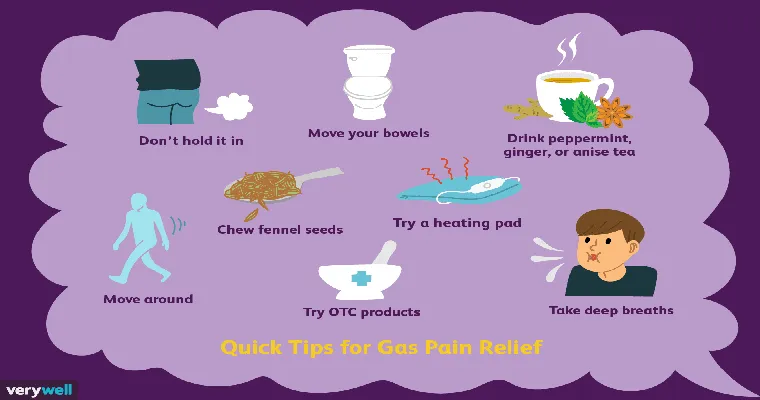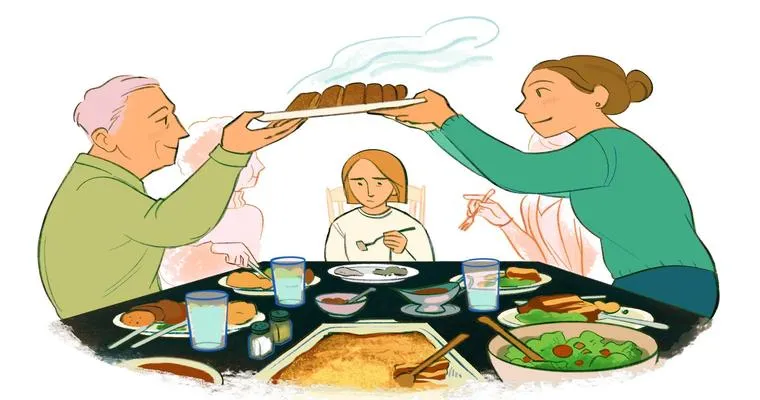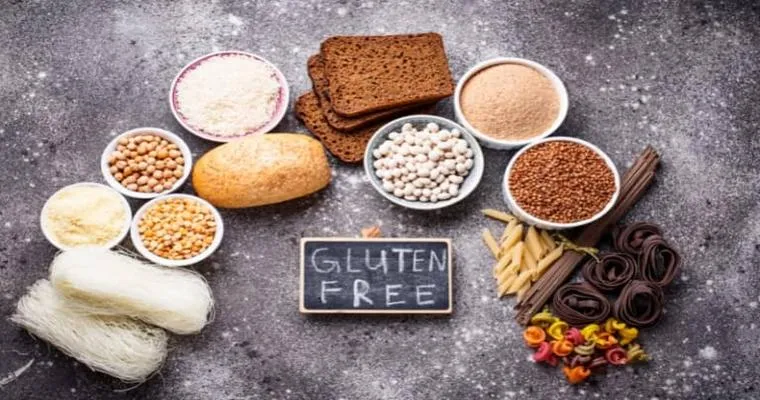As we age, many individuals experience a range of bodily changes, and one common yet often overlooked issue is "excess gas". For seniors, passing gas can become more frequent due to various factors such as dietary changes, reduced digestive efficiency, and underlying health conditions. Understanding the reasons behind this phenomenon and exploring effective solutions can help improve comfort and quality of life for many older adults.
Understanding the Causes of Excess Gas in Seniors
One primary reason seniors pass gas more frequently is the "aging digestive system". As we grow older, our bodies may produce less digestive enzymes, leading to less efficient breakdown of food. This can result in undigested food fermenting in the intestines, a process that generates gas.
Another contributing factor is dietary choices. Many seniors may consume more fiber-rich foods to maintain digestive health, but certain high-fiber foods, such as beans, broccoli, and whole grains, can lead to increased gas production. Additionally, some seniors may have lactose intolerance or may not be aware of food sensitivities, which can also contribute to the problem.
Medications can play a significant role as well. Many elderly individuals take multiple medications, some of which can affect digestion and lead to increased gas. Conditions such as "irritable bowel syndrome" or other gastrointestinal disorders are also more prevalent among seniors and can exacerbate gas issues.
Tips to Manage Excess Gas
1. "Adjust Dietary Habits": Encourage seniors to keep a food diary to track what they eat and identify any specific foods that trigger gas. Gradually introducing high-fiber foods can help their digestive system adjust better.
2. "Stay Hydrated": Drinking enough water can aid digestion and help reduce gas buildup. Aim for at least eight glasses of water a day, unless otherwise advised by a healthcare provider.
3. "Eat Smaller Meals": Eating smaller, more frequent meals can ease the digestive process. Large meals can overwhelm the digestive system, leading to increased gas production.
4. "Chew Food Thoroughly": Encouraging seniors to take their time while eating and chew their food thoroughly can help reduce the amount of air swallowed, which contributes to gas.
5. "Physical Activity": Regular physical activity can help stimulate digestion and reduce gas. Simple exercises like walking or stretching can make a significant difference.
6. "Consult a Healthcare Provider": If gas becomes excessive or is accompanied by other symptoms such as pain or bloating, it is essential to consult a healthcare professional. They can help identify any underlying issues or adjust medications.
7. "Consider Probiotics": Probiotics can promote a healthy balance of gut bacteria, which may aid in digestion and reduce gas. Seniors should consider incorporating probiotic-rich foods like yogurt or consult their physician about taking probiotic supplements.
Conclusion
While passing gas is a natural bodily function, for seniors, it can sometimes lead to discomfort and social embarrassment. By understanding the underlying causes of "excess gas" and implementing practical strategies, older adults can manage this issue more effectively. Encouraging open communication about digestive health can also foster a better understanding and support for seniors experiencing these common changes. Remember, when in doubt, always consult a healthcare provider for personalized advice.





